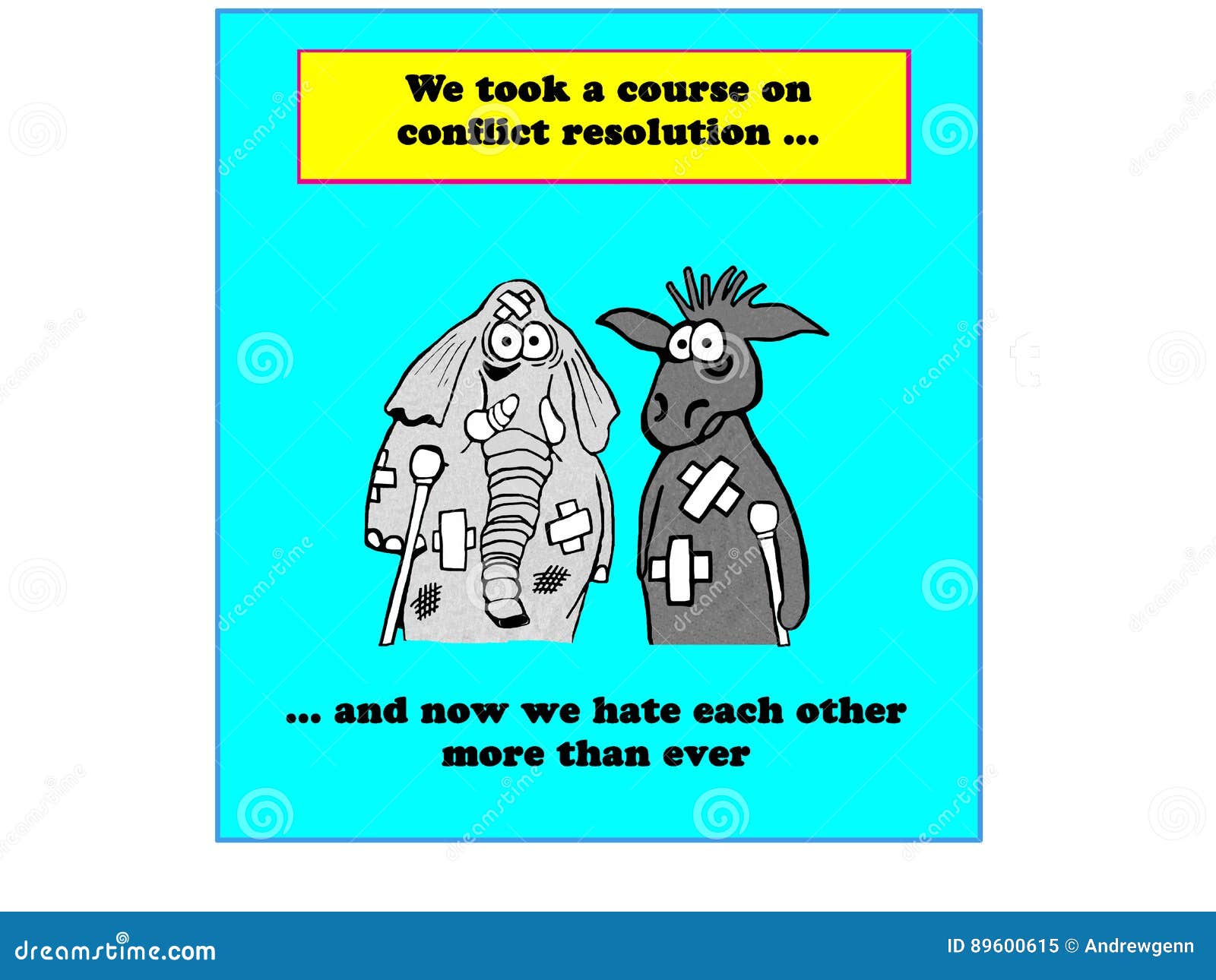

Vows to flee the country amid contentious elections are a well-worn threat among American voters. They're largely Americans with financial means and the ability to work virtually, and some are dual citizens and their spouses. The exodus has been led by parents looking for countries with open and safe schools and by members of marginalized groups fed up with institutionalized racism, shaken by the visibility of white supremacists and worried about what a Supreme Court swing to the right will mean for their civil liberties. (Mason Trinca for The Washington Post)Īmericans are leaving the country or seeking foreign visas in record numbers, according to immigration lawyers and expatriate organizations, during an oppressive year of political violence, racial strife and an uncontrolled pandemic that has kept families locked in their homes for months - with no clear end in sight. In addition to overseeing the reconstruction effort, Mahdi’s government faces immediate challenges in addressing protests that turned violent in the fall of 2018, particularly in the southern city of Basra.Michelle and Marc Reeves with their children, 5-year-old Camilla and 8-year-old Ransom, at their home in Portland, Ore., in July. Mahdi had emerged as the consensus candidate following months of negotiations between the two largest Shiite-led factions in parliament. Saleh then named Shiite politician Adel Abdul Mahdi, a former vice president and oil minister, as prime minister and charged Mahdi with forming a government. In October 2018, Barham Saleh was elected president of Iraq. service members remain in Iraq as part of a train, advise, and assist mission bolstered by NATO troops, to help train the Iraqi military and stabilize the country.Ī coalition of parties led by Shiite cleric Muqtada al-Sadr won a surprise victory in Iraq’s parliamentary elections in May 2018, raising questions about Iranian influence in Baghdad and the future of U.S. military officially disbanded the command overseeing the fight against the self-proclaimed Islamic State in Iraq, declaring an end to major combat operations against the group. In addition to reintegrating liberated Sunni communities into the political system, the new government must also deal with the demobilization and integration of powerful Shiite militias that formed during the fight against the Islamic State into the Iraqi security forces, as well as ongoing tensions with Kurdish groups pressing for greater autonomy in the north following a failed independence referendum in October 2017. More than two million people remain internally displaced and nearly nine million remain in need of humanitarian assistance following the nearly four-year long war, and reconstruction is projected to cost at least $88 billion. Iraq faces significant challenges in its recovery from the war against the Islamic State.


These tensions now threaten the stability of the new Iraqi government as it looks to rebuild the country and prevent a resurgence of the Islamic State. invasion in 2003 and the fall of Saddam Hussein.

The fight to dislodge the Islamic State was exacerbated by underlying sectarian tensions in Iraq among Sunni and Shiite groups, as well as tensions between Kurdish groups in the north and the government in Baghdad, which intensified after the U.S. Former President Barack Obama authorized targeted air strikes against Islamic State militants in Iraq and Syria, and the United States formed an international coalition that now includes nearly eighty countries to counter the Islamic State. Regional forces-including as many as thirty thousand Iranian troops-joined the Iraqi army, local tribes, and the Kurdish Peshmerga in operations to begin retaking territory from the group, eventually recapturing Tikrit in April 2015, Ramadi in December 2015, Fallujah in June 2016, and Mosul in July 2017. The Iraqi government declared victory over the Islamic State in December 2017. In 2014, the Islamic State advanced into Iraq from Syria and took over parts of Anbar province, eventually expanding control in the northern part of the country and capturing Mosul in June 2014.


 0 kommentar(er)
0 kommentar(er)
